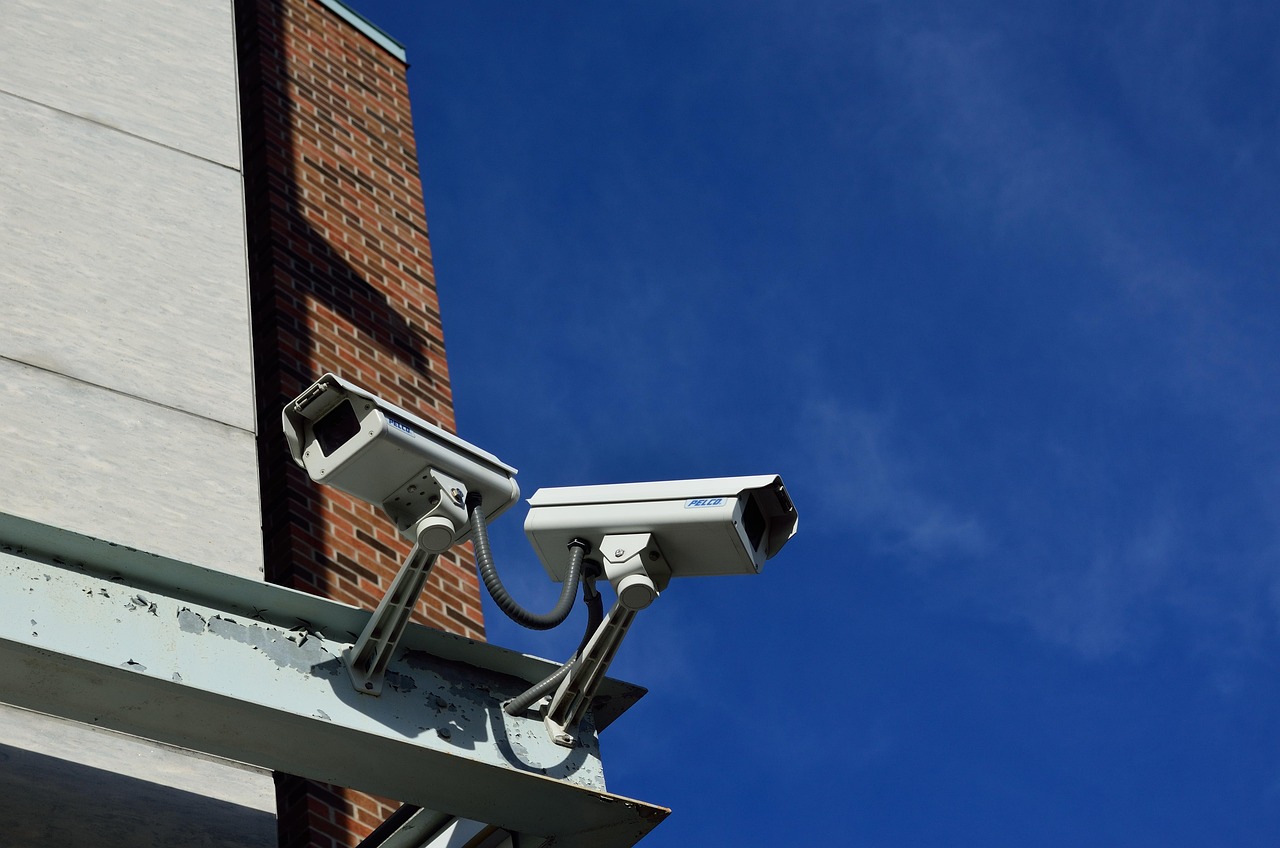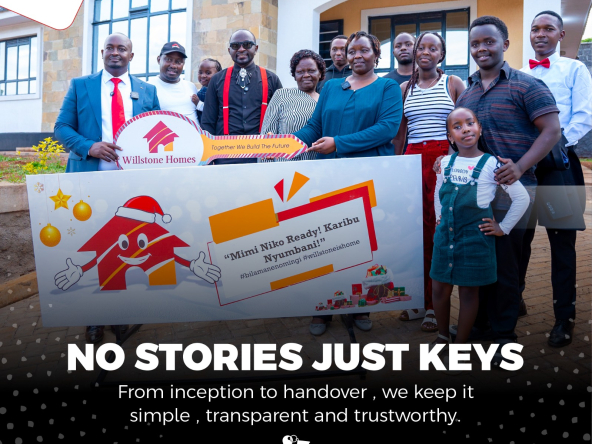In Nairobi’s satellite towns — from Ongata Rongai to Kamakis — a new kind of real estate arms race is underway. But it’s not about square footage or marble countertops. It’s about security — and not just any security. The buzzword now is smart estate security Nairobi, a hybrid approach blending high-tech systems with the trusted presence of human guards.
As the city expands and more Kenyans opt for gated community living, developers are responding to heightened concerns over safety, privacy, and efficiency. And while biometric access, AI-driven CCTV, and smart gate systems are becoming standard, the trend isn’t toward replacing humans — it’s about enhancing them.
Why Smart Security Is Becoming Non-Negotiable
Crime statistics in peri-urban areas like Syokimau and Kamakis show a complex picture. While overall home invasions have decreased slightly over the past two years, opportunistic crimes — such as gate breaches, theft of parked vehicles, and night-time prowlers — have persisted.
This has led to rising demand for gated community security Kenya that is proactive, not reactive.
“A guard with a whistle and a flashlight is no longer enough,” says Alex Mwithiga, a security consultant working with developers in Rongai. “Buyers now ask about CCTV in gated communities, biometric access, and how estates handle visitor verification before they even ask about the kitchen.”
Read Also: Digital Nomads and Satellite Towns: Can Nairobi’s Outskirts Become Africa’s Remote Work Capital?
What Smart Estate Security Actually Looks Like
In modern gated communities around Nairobi, smart security setups typically include:
- Biometric entry systems at the main gate for residents — using fingerprints or facial recognition.
- Automated visitor logging — visitors register at the gate via tablet, with photos and time-stamped logs.
- AI-powered CCTV networks — not just recording, but recognizing suspicious activity and alerting guards.
- Smart gate systems — remote-controlled or license plate recognition-based boom gates.
- Mobile panic apps that connect residents to on-site security and local police in real time.
- Integrated alarm and lighting systems for perimeter breaches.
Estates in Syokimau and Kamakis are already using these tools, while upcoming developments in Rongai are planning to integrate full AI surveillance from the design phase.
Balancing Tech with the Human Element
Despite all the tech, developers are not eliminating guards — and for good reason.
In one 2023 survey conducted by the Kenya Property Developers Association (KPDA), 68% of Nairobi homeowners said they feel safer when estates retain both tech and human guards, especially at night.
“Technology doesn’t chase away a suspicious person. It alerts you — but someone still needs to act,” notes Lt. (Rtd) Joseph Wanyonyi, a private security trainer in Machakos.
Modern estates now employ guards trained not just in physical response, but also in operating surveillance systems, remote gate controls, and visitor management software. This blend of tech and muscle is what gives smart estate security Nairobi its edge.
Read Also: Why Luxury Real Estate Is Quietly Moving to Limuru and Tigoni — Away from Traditional Karen/Kitisuru
Challenges of Going Fully Smart
Going fully digital sounds appealing, but for many estates, it’s not always practical — or affordable.
- Power reliability: Even in Syokimau, frequent outages mean backup power must be considered for all security systems.
- System maintenance: AI systems and cameras need servicing and software updates — something many smaller developers overlook.
- Data privacy: Residents have raised concerns about the storage and misuse of biometric and surveillance data.
- Cost of installation: Full systems can range from KES 3 million to over KES 10 million for medium-sized estates.
To balance cost and reliability, many developers opt for modular smart systems, combining essential tech like biometric access Nairobi estates with a strong human security presence.
Case Study: Kamakis Hybrid Security Model
In Kamakis, a new estate has adopted a hybrid model: biometric gate access, camera surveillance, and on-site guards. The system includes:
- Fingerprint access for residents
- RFID gate tags for vehicles
- Smart visitor check-in via QR code
- 24-hour guard patrols and dog units
According to the estate manager, this model has cut incidents of unauthorized entry by over 90% in the past 12 months. The estate also works with a third-party monitoring company to review camera footage and flag unusual behavior in real time.
Are Buyers Demanding Smart Security? Absolutely.
In Kiambu and Kajiado counties, listings that include smart security features are commanding 10–15% higher rent or sale prices than those without. Especially among millennial homebuyers and diaspora investors, the presence of biometric entry and AI monitoring is seen as a core value-add — not a luxury.
A survey by HassConsult in 2024 showed that “security innovation” is now the third most-cited reason for selecting a gated community — after location and pricing.
Read Also: Data Centers and Land Prices: How Tech Giants Are Quietly Changing Real Estate in Juja and Ruiru
The Future: From Smart to Predictive
The next wave of innovation may be predictive security — where estate systems use machine learning to anticipate risks.
“Imagine your estate security dashboard alerting you that your usual visitor hasn’t shown up, or that a delivery was dropped off at an odd time,” says Brian Otieno, a tech developer building security dashboards for Nairobi estates.
It’s already being piloted in some luxury estates in Karen and Kitisuru — and could become accessible to satellite town estates within the next few years.
Nairobi’s Estates Are Getting Smarter — But People Still Matter
The rise of smart estate security Nairobi signals a major shift in how developers and residents think about safety. Gated communities in Ongata Rongai, Syokimau, and Kamakis are leading the charge, blending biometric tech, AI, and trained guards into holistic security systems.
But this isn’t a case of tech replacing people. Instead, it’s a partnership — where humans respond, while machines alert. And as Nairobi’s outskirts continue to grow, the estates that get this balance right will likely lead the next wave of real estate innovation in Kenya.





